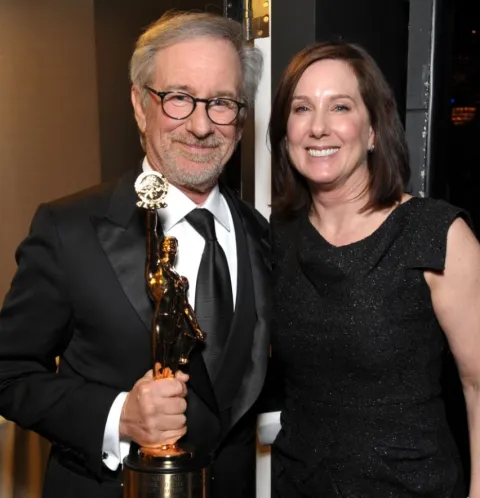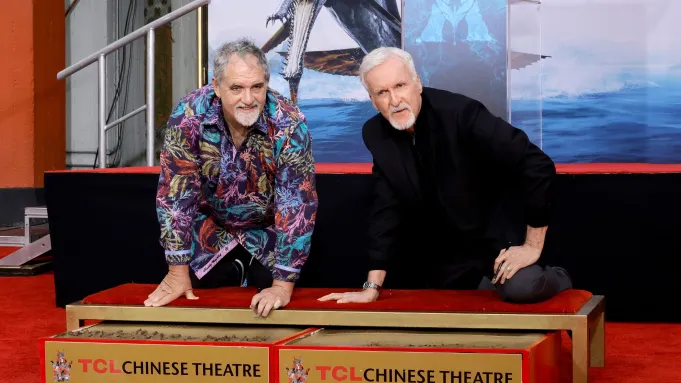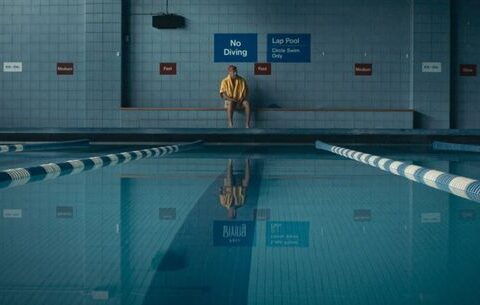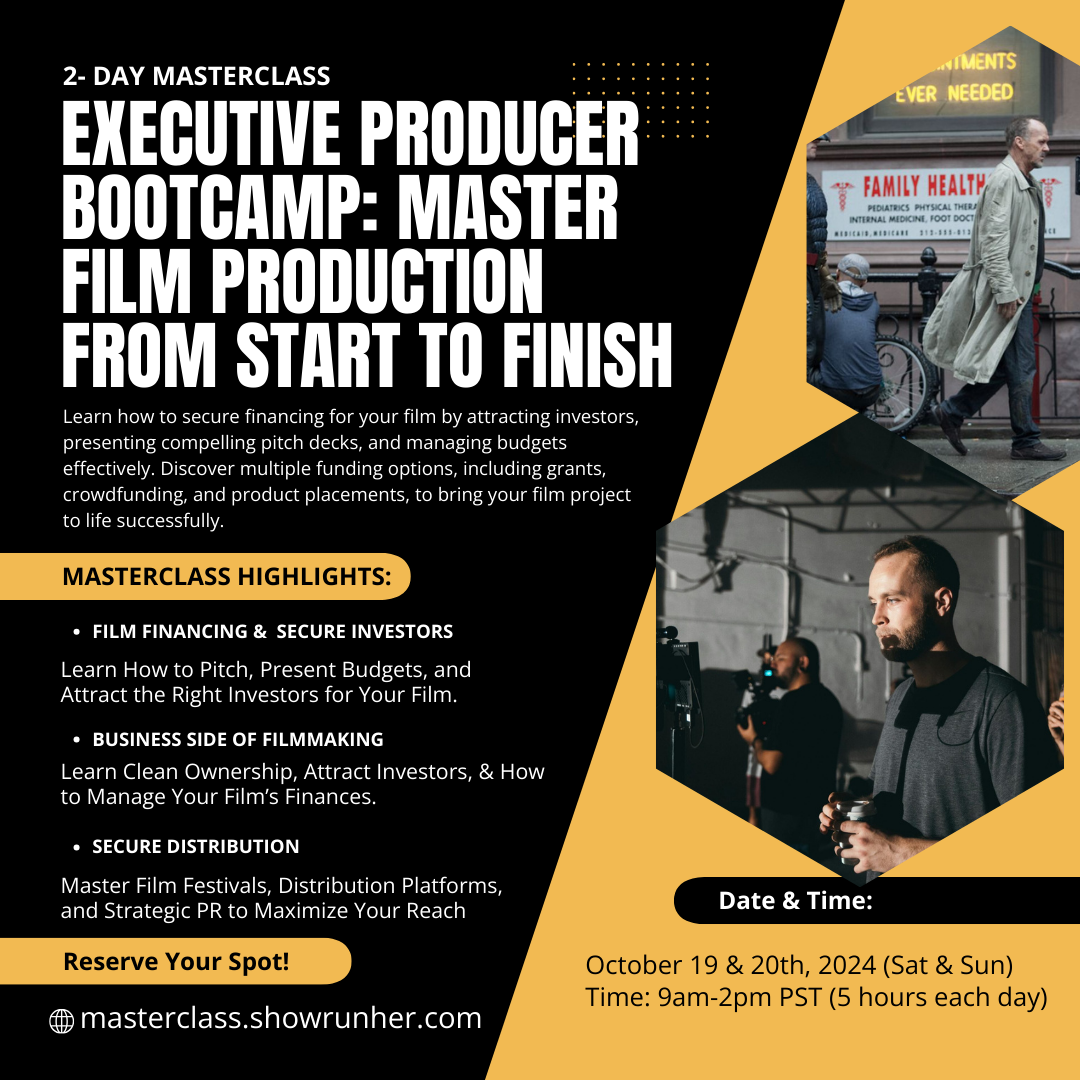In the world of filmmaking, the roles of Executive Producers and Producers are pivotal to the success of any project, but in the realm of independent films, these roles often blur and expand in surprising ways. Unlike studio productions with large budgets, indie films rely heavily on the collaboration and multitasking capabilities of their core team. With smaller teams and limited resources, Executive Producers and Producers often take on a wider range of responsibilities, sometimes stepping into each other’s roles to ensure the project is seen through from start to finish. Keep in mind that Executive Producers and Directors have different duties.
This blog explores the key differences in these roles within the indie film world, how they collaborate, and the unique challenges they face during each phase of production: Development, Pre-Production, Production, Post-Production, and Distribution.
Producers in the Development Phase
In indie films, the development phase is where the core team begins to take shape and the foundation for the project is laid. The role of the Executive Producer in this stage differs significantly from larger productions.
Executive Producer’s Role in Development
In a traditional studio project, the Executive Producer might oversee financing or creative direction from afar, leaving much of the groundwork to others. In indie films, however, the Executive Producer is often much more involved in fundraising efforts. This could include:
- Securing personal or external funding: In many cases, the Executive Producer may contribute their own money to get the project off the ground or spearhead early-stage investment efforts.
- Crowdfunding and grant applications: The Executive Producer may lead a crowdfunding campaign, set up partnerships, or apply for filmmaking grants to gather resources.
- Creative input: Indie Executive Producers are typically more hands-on with the creative direction during development, often helping to shape the script, secure the director, and guide the overall vision of the project.
Producer’s Role in Development
On the indie side, the Producer also takes on a wide range of duties, often shouldering tasks that in larger productions would be divided among several people:
- Script development: The Producer might work closely with the writer to revise and polish the script to align with the budget and production realities.
- Budgeting and scheduling: While the Executive Producer is focused on securing funds, the Producer creates the preliminary budget and a rough schedule that will guide the entire production.
- Initial casting and team assembly: Producers in indie films may begin early casting discussions and help assemble the creative team, especially key roles like cinematographer and production designer.
Collaboration in Development
The close-knit nature of indie projects often leads to significant overlap in the roles of Executive Producers and Producers during development. While the Executive Producer focuses on securing resources, the Producer ensures the project is feasible from a logistical standpoint. Their collaboration during this phase sets the tone for the entire project, requiring constant communication and shared decision-making.
Producers in the Pre-Production Phase
Once the project enters pre-production, the heavy lifting begins. This phase involves preparing the film for shooting, which in indie films often means doing more with less. Both the Executive Producer and Producer play crucial roles in making sure everything is in place before the cameras roll.
Executive Producer’s Role in Pre-Production
In indie films, the Executive Producer might still be involved in securing the last pieces of the financial puzzle:
- Finalizing the budget: The Executive Producer ensures that the project’s finances are locked in, that deals with investors or partners are signed, and that all the required funds are in place.
- Hiring and approving key hires: Although the Producer may manage the day-to-day process, the Executive Producer typically has the final say on key hires, especially for the director or lead actors.
- Legal and contractual oversight: The Executive Producer also ensures that contracts are signed and that all legal obligations, such as permits and rights clearances, are in place.
Producer’s Role in Pre-Production
Indie film Producers often take on more responsibility during pre-production, as they are directly involved in every logistical detail:
- Hiring the crew: The Producer is responsible for hiring department heads like the Assistant Director (AD), Production Designer, and Line Producer.
- Organizing locations and permits: They also handle the nitty-gritty details of securing locations, permits, and equipment.
- Scheduling: Indie Producers manage the shooting schedule and make sure it aligns with both the budget and the crew’s availability.
Collaboration in Pre-Production
The Executive Producer and Producer work closely to ensure that all financial, creative, and logistical elements are in place before production begins. The Executive Producer focuses on the high-level approvals and financial health of the project, while the Producer ensures that the day-to-day tasks are executed properly. In indie films, these two often work together more closely than in studio productions, as both are needed to solve problems quickly with limited resources.
Producers in the Production Phase
The production phase is where the rubber meets the road. With the cameras rolling, the demands on both the Executive Producer and Producer intensify. However, their roles remain distinct.
Executive Producer’s Role in Production
On indie projects, the Executive Producer may be more hands-on than they would in a larger production, but their focus still leans toward financial oversight:
- Monitoring the budget: The Executive Producer keeps a close eye on the production’s spending to ensure that the project stays within budget.
- Investor relations: They are often the main point of contact for investors, updating them on progress and ensuring continued financial support if needed.
- High-level problem-solving: If there’s a significant issue, such as a major delay or budget overrun, the Executive Producer steps in to resolve it, often making final decisions on changes to the schedule or script.
Producer’s Role in Production
The Producer is the one on set every day, managing the production’s logistics:
- Daily problem-solving: The Producer is responsible for troubleshooting daily challenges, whether it’s a location issue, an actor’s schedule, or weather disruptions.
- Ensuring the project stays on schedule: Indie Producers are often on set, ensuring that everything runs smoothly and that the production meets its deadlines.
- Crew coordination: They coordinate with the director, Assistant Director, and department heads to keep everything moving forward.
Collaboration in Production
In indie filmmaking, both roles must work in sync. While the Producer focuses on managing the set and day-to-day operations, the Executive Producer ensures that financial and investor issues are being handled off-set. They collaborate when major decisions need to be made, such as adjusting the schedule or finding additional resources when something goes wrong.
Producers in the Post-Production Phase
Post-production in indie filmmaking is often just as collaborative, with both the Executive Producer and Producer playing crucial roles.
Executive Producer’s Role in Post-Production
- Overseeing the final budget: The Executive Producer ensures that post-production stays within the allocated budget, including editing, sound, and visual effects.
- Final approval on the cut: The Executive Producer often has the final say on the film’s cut, ensuring it aligns with the overall vision and market strategy.
- Marketing and distribution strategy: In indie films, the Executive Producer is often heavily involved in preparing for distribution, from negotiating deals with festivals to planning the release.
Producer’s Role in Post-Production
- Managing post-production tasks: The Producer oversees the editing process, working closely with the editor, director, and sound team to ensure everything is completed on time.
- Organizing test screenings: The Producer might also arrange test screenings to gather feedback and make adjustments before the film’s release.
- Delivering final products: They ensure that the final cut meets all technical specifications for distribution.
Producers in the Distribution Phase
Distribution is often the most challenging phase for indie films, as filmmakers must find ways to get their films in front of audiences without the help of a major studio. Both the Executive Producer and Producer are involved.
Executive Producer’s Role in Distribution
- Negotiating distribution deals: The Executive Producer works to secure distribution deals with streaming platforms, distributors, or festivals.
- Revenue management: They also manage any revenue-sharing deals, ensuring that investors and partners are compensated according to their agreements.
- Managing the release strategy: The Executive Producer often takes the lead in shaping the film’s release strategy, whether it’s a festival run, limited theatrical release, or direct-to-digital.
Producer’s Role in Distribution
- Delivering all required materials: The Producer ensures that all deliverables, such as the final cut, trailers, and promotional materials, are ready for distribution.
- Marketing collaboration: They work with the marketing team to promote the film, sometimes managing grassroots efforts like social media campaigns or press outreach.
- Supporting festival submissions: The Producer may handle the logistics of submitting the film to festivals and attending screenings.
Examples of Duos in Hollywood

1. Steven Spielberg (Executive Producer) and Kathleen Kennedy (Producer)
- Collaborative Projects: Jurassic Park series, E.T., Indiana Jones series
- Why They’re a Successful Duo: Steven Spielberg and Kathleen Kennedy have worked together on some of the biggest blockbusters in film history. Spielberg, as the visionary director and executive producer, brings creative leadership, while Kennedy, one of the most successful producers in Hollywood, handles the day-to-day operations and logistics of production. Their collaborative dynamic has resulted in films that are both artistically visionary and commercially successful.
2. James Cameron (Executive Producer) and Jon Landau (Producer)
- Collaborative Projects: Titanic, Avatar series
- Why They’re a Successful Duo: James Cameron and Jon Landau have formed a powerhouse duo responsible for some of the highest-grossing films of all time. Cameron’s role as an executive producer often focuses on the big picture, including innovation in visual effects and storytelling, while Landau handles the intricacies of production, ensuring that Cameron’s ambitious projects are executed smoothly. Together, they’ve pushed the boundaries of filmmaking and technology, revolutionizing the industry.
These duos are celebrated for their balance of creative vision and production management, contributing to some of the most iconic films in Hollywood history.
Conclusion
In indie filmmaking, the roles of Executive Producers and Producers are intertwined, with both stepping outside their traditional boundaries to ensure the film’s success. Unlike studio films, where these roles are often distinct, indie projects require a more hands-on and collaborative approach, with both roles wearing multiple hats throughout the entire filmmaking process. Whether it’s raising funds, troubleshooting on set, or navigating distribution challenges, Executive Producers and Producers in indie films are vital partners who share the responsibility of bringing the project to life.








[…] The Executive Producer oversees the financial and logistical aspects of a film. They secure funding, manage contracts, and ensure the project stays on budget. Their focus is more on the business side, ensuring the film has the resources it needs to be completed. EPs can be financiers, studio executives, or influential individuals who attract talent or funding. Also, Keep in mind Executive Producers and Producers also have different jobs. […]
[…] an Indie Executive Producer, your role goes far beyond creative oversight and budgeting you’re also the safety net when unexpected issues arise on set. A smooth production requires […]
[…] This is your chance to learn the ins and outs of film producing, from securing funding to managing distribution, with insights that I’ve gained over my 15+ years of experience as an award-winning Executive Producer. […]